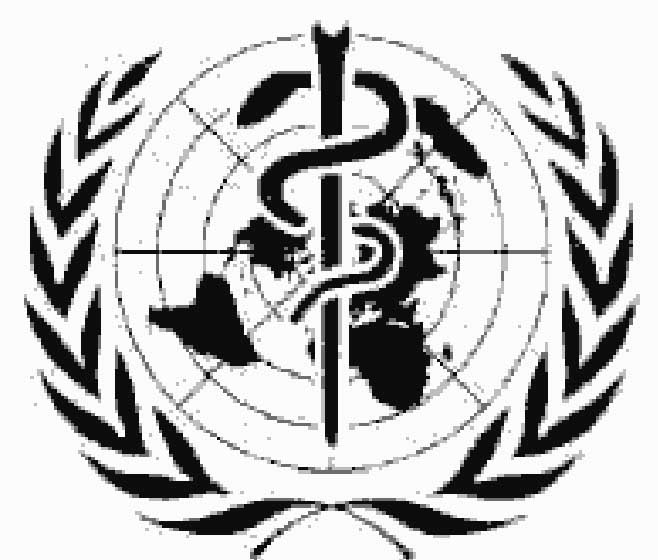The World Health Organization (WHO) warned Thursday that gonorrhoea might soon become untreatable unless new ways to treat and prevent the sexually transmitted disease are devised.
The WHO said improper use of antibiotics has resulted in widespread resistance to the infection with cheaper, first-line antibiotics losing their effectiveness, DPA reported.
"If this continues, it will only be a matter of time before gonorrhoea develops resistance to third-generation antibiotics," the health body warned.
Australia, Hong Kong and Japan have already reported treatment failures with oral cephalosporin, which is currently used in the last-line treatment of gonorrhoea, it said.
Dr Shin Young-Soo, WHO regional director for the Western Pacific, said there would be serious implications to public health if gonorrhoea becomes untreatable.
"There is no place for complacency with the possible emergence and spread of multidrug-resistant gonorrhoea," Shin said as world experts met in Manila to discuss an action plan in response to the threat.
"New treatments or alternative treatments for gonorrhoea, improving monitoring for antimicrobial resistance, and strengthening gonorrhoea prevention and management are urgently needed," he said.
The action plan also calls for improving laboratories to detect gonorrhoea resistance, increasing awareness among health workers and scaling up gonorrhoea control.
Gonorrhoea is a common bacterial, sexually transmitted infection and if left untreated can led to infertility, pelvic inflammatory disease, ectopic pregnancy and infections in newborn children.
The disease increases the likelihood of acquiring and transmitting HIV.
Globally, the WHO estimated that at least 340 million new cases of sexually transmitted diseases - including gonorrhoea, syphilis and chlamydia - occur every year among people 15 to 49.






